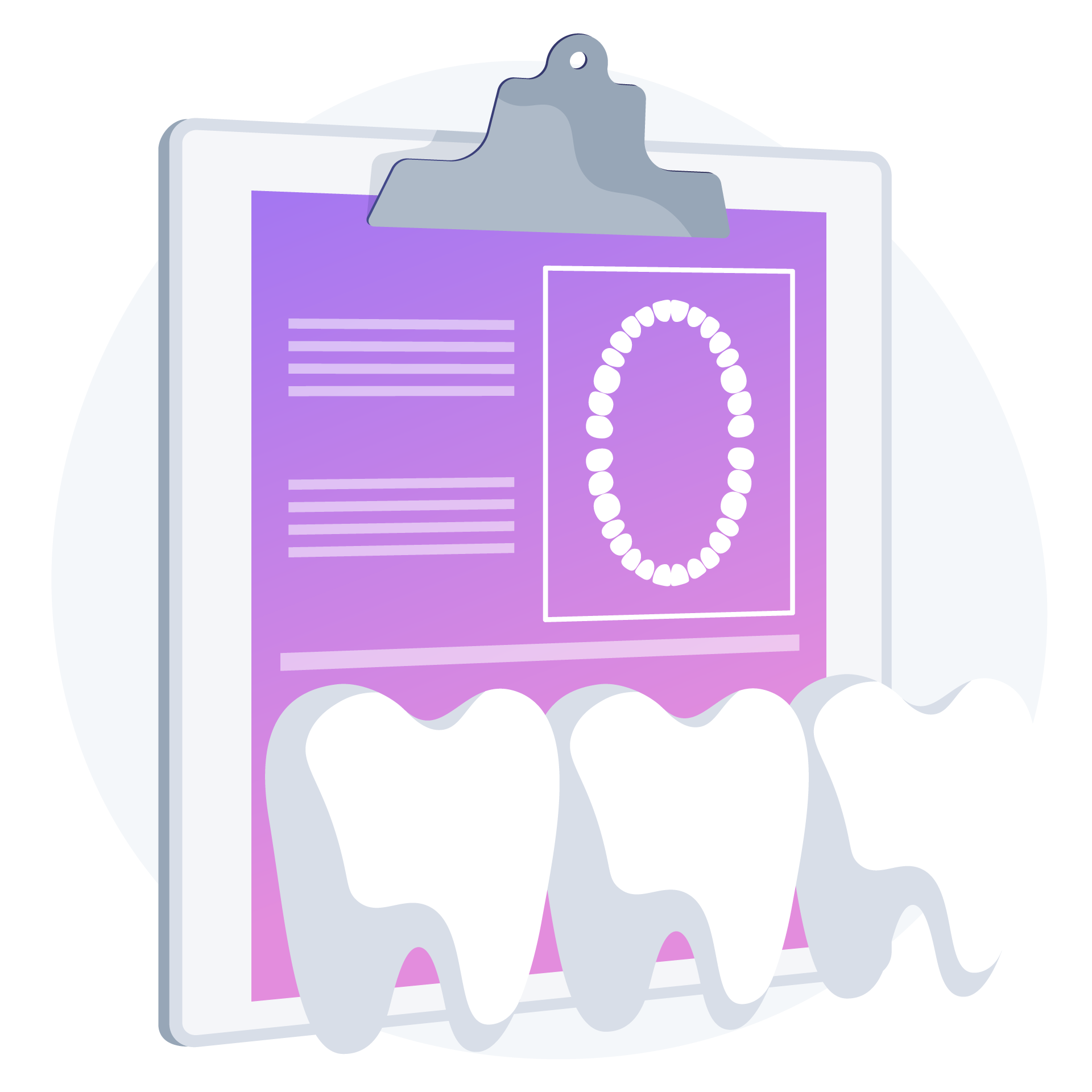
All on 4 implants in Mexico:
Everything you need to know
For decades, dentures have been the go-to solution for replacing missing teeth.
They’re not only difficult to get used to, but they’re cumbersome and often feel embarrassing. For those who don’t want to wear dentures, All on 4 implants offer a more natural solution: Same Day Teeth Implants!

What Are All-on-4 Dental Implants?
All-on-4 dental implants are a full set of implants designed to replace your entire upper or lower set of teeth. They act as a more permanent and natural-looking alternative to dentures. Traditionally, each dental implant has one small titanium screw that a surgeon inserts into the gums. Then, the dentist places a single false tooth to the screw.
With an All-on-4 implant, you don’t need to replace each lost tooth individually. Instead, a dental professional will surgically insert four titanium posts into your jawbone as the main anchors. These pieces can be inserted during surgery simultaneously and attached securely at just four points – providing complete coverage from top to bottom on both sides of your mouth with what looks like real teeth; so now all traces of old missing teeth are gone.
The All-on-4 dental implant solution provides a superior outcome in every way – because it involves implanting the anchoring teeth right into the jawbone. It provides increased stimulation (as well as much more stability) which prevents bone loss and strengthens the jaws. The result? Your teeth will never come loose while eating – they’ll always stay firmly attached, no matter what you eat!
To begin the process of a full-mouth restoration, doctors first examine and consult with the patient. Patients are asked about how they take care of their teeth as well as what medical conditions they might be suffering from, which can also affect oral health.
Doctors will then perform x-rays, 3D scans, and an extensive checkup in order to identify any potential problems that might arise during treatment – such as gum disease or overcrowding.
As a part of the process, we will have in-depth conversations with our patients during consultations and evaluations. This is crucial to make sure everything has been accounted for so they are able to reach their best possible outcomes. We always want our patients to know what they’re getting themselves into so they can feel confident about this life changing decision without feeling like anything was hidden from them or being left out of the discussion.
After you’ve been put under anesthesia, the doctor extracts any teeth left in your mouth and reshapes a few areas on your gums – these are where the implants will go eventually.
These incisions are where the implants will be placed. Dental Implants screws are then placed in your jawbone, and a connector is attached. A bone graft is sometimes required during this stage of the surgery.
Titanium screws are inserted into four locations, creating an anchor system onto which they attach artificial roots at either end which (eventually) bond firmly to nearby bone structures from their own natural growth processes—a process called osseointegration.
After which, we’ll fit you with temporary dentures while those final healing stages take place.
Once you complete your dental implant surgery, you’ll need to give it time to heal – just like anything else.
Every person’s healing process is unique, so there really isn’t an exact timeline as such; however, most people can expect at least three days of rest following surgery and the use of ice packs if there is any swelling or discomfort during this period – and sometimes even afterwards if necessary.
The dentist may also prescribe painkillers for regular usage until you no longer need them or antibiotics if it becomes clear that those are necessary after infection sets in.
After being cleared by your dentist or oral surgeon, you may resume normal activities if they are less demanding than what was previously done before surgery such as walking or yoga.
Are All-on-4 Dental Implants Right for You?
The Team at Mexico Dental Implants can answer all your questions about the advantages of the All on 4 procedure, so don’t hesitate to call us right away to schedule a consultation!